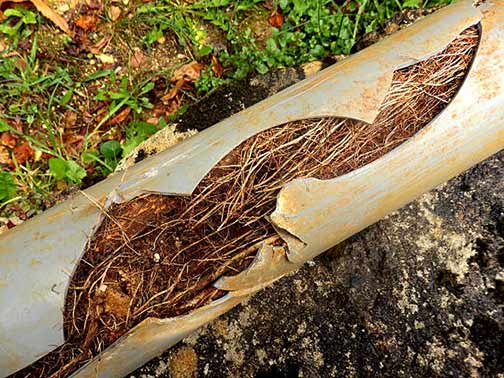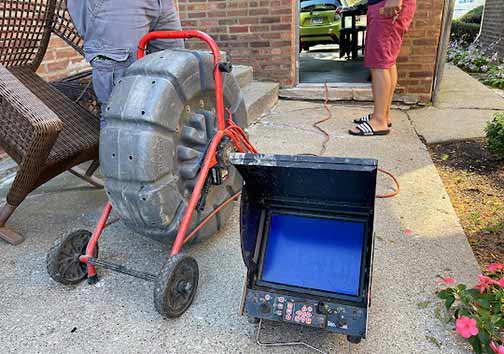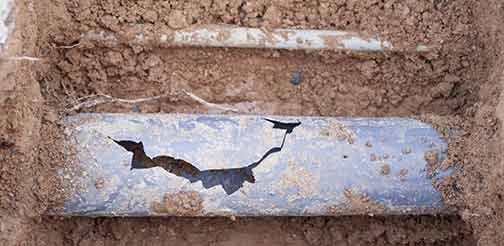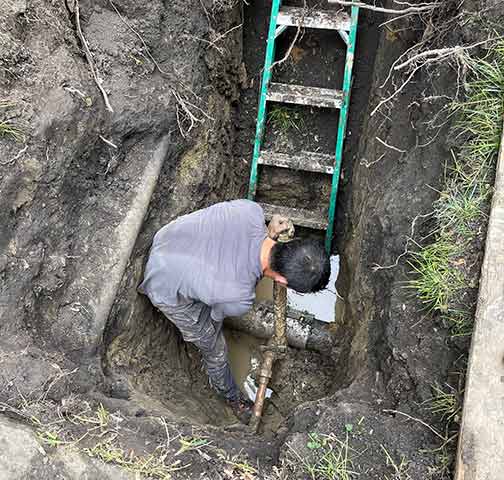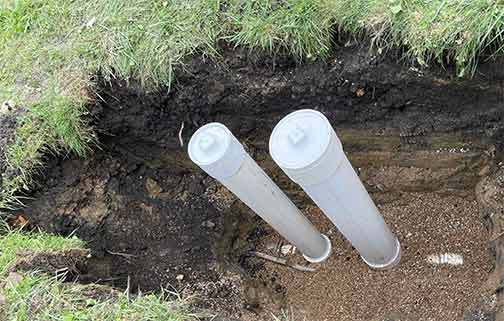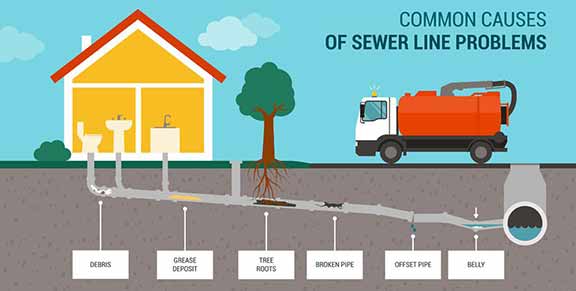
Understanding the Critical Importance of Sewer Line Repair in Plumbing Systems
Sewer line repair is an indispensable aspect of maintaining a functional and efficient plumbing system, whether in residential or commercial properties. The sewer line plays a pivotal role in transporting waste away from the building, ensuring sanitation and preventing health hazards. Any disruptions in this line can lead to significant plumbing issues, which can escalate into costly repairs if not addressed promptly. By understanding the critical importance of sewer line repair, property owners can take proactive measures to prevent future plumbing problems and maintain a safe environment.
Identifying Common Causes of Sewer Line Damage for Effective Prevention
Various factors can lead to sewer line damage, each requiring specific attention and repair strategies. Aging pipes are a common culprit, as they may corrode or crack over time, creating openings for tree roots to penetrate and obstruct the flow. Tree root intrusion is another significant issue, as roots naturally seek moisture and can cause severe blockages or even breakage of the pipes. Additionally, ground movement due to construction activities or natural events like earthquakes can cause misalignment or breakage of sewer lines. Identifying these causes early is essential for implementing effective repair strategies and preventing further damage.
Recognizing Signs That Indicate Sewer Line Problems for Timely Intervention
Recognizing the signs of sewer line problems is crucial for timely intervention and repair. Common indicators include slow drains, which may suggest a blockage in the sewer line, and foul odors emanating from drains or the yard, indicating a possible leak or break in the line. Unexplained wet spots in the yard can also be a sign of sewer line issues, as they may indicate that wastewater is seeping into the ground. Additionally, frequent plumbing backups or gurgling sounds in the pipes are red flags that suggest underlying sewer line issues. Property owners should be vigilant and seek professional assessment if these signs appear, as early detection can prevent more severe problems and costly repairs.
Implementing Proactive Maintenance Strategies for Sewer Lines
Proactive maintenance is key to preventing sewer line damage and subsequent plumbing issues. Regular inspections by qualified professionals can identify potential problems before they escalate into significant issues. Techniques such as camera inspections allow plumbers to visually assess the condition of the sewer lines and detect any blockages, cracks, or intrusions. Hydro jetting, a method that uses high-pressure water jets to clear blockages, can ensure the sewer lines are clear and functioning optimally. These proactive maintenance strategies not only extend the lifespan of the sewer system but also save costs in the long run by preventing emergency repairs and minimizing property damage.
Leveraging the Role of Technology in Sewer Line Repair and Maintenance
Advancements in technology have revolutionized sewer line repair methods, offering more efficient and less invasive solutions. Trenchless technology, for instance, allows for repairs without extensive digging, minimizing disruption to the property and reducing repair time. This method involves techniques such as pipe bursting or pipe relining, which replace or repair damaged pipes with minimal excavation. Video inspections provide detailed insights into the condition of the pipes, facilitating accurate diagnosis and targeted repairs. By embracing these technologies, property owners can enhance the efficiency and effectiveness of sewer line maintenance, ensuring long-term functionality and reliability.
Understanding the Cost Implications of Sewer Line Repair
While sewer line repair may seem costly initially, it is a worthwhile investment in preventing future plumbing issues and protecting the property’s value. The cost of ignoring sewer line problems can be far greater, as it may lead to extensive property damage, health hazards, and emergency repairs. By addressing issues promptly and investing in quality repairs, property owners can avoid these costly consequences and ensure the safety and functionality of their plumbing systems. Additionally, regular maintenance and timely repairs can reduce the likelihood of major breakdowns, ultimately saving money in the long run.
Exploring the Benefits of Regular Sewer Line Maintenance
Regular maintenance of sewer lines offers numerous benefits, including improved plumbing efficiency and reduced risk of major repairs. It ensures the smooth operation of waste disposal systems, preventing backups, leaks, and foul odors. Moreover, well-maintained sewer lines contribute to the overall value of the property, making it a more attractive investment for potential buyers or tenants. Regular maintenance also promotes environmental sustainability by preventing leaks that could contaminate soil and groundwater. By prioritizing sewer line maintenance, property owners can enjoy a reliable and efficient plumbing system that meets their needs and enhances the property’s value.
Choosing the Right Professional for Sewer Line Repair and Maintenance
Selecting the right professional for sewer line repair is crucial for ensuring quality service and long-term solutions. Property owners should seek experienced and certified plumbers who specialize in sewer line repair. Checking reviews, credentials, and previous work can help in making an informed choice, ensuring the repair is handled with expertise and care. A qualified professional will not only diagnose and repair the issue effectively but also provide valuable advice on maintaining the sewer line and preventing future problems. By choosing the right professional, property owners can have confidence in the quality and reliability of their plumbing system.
Future-Proofing Plumbing Systems Through Strategic Sewer Line Repair
Investing in sewer line repair is a proactive approach to future-proofing plumbing systems and ensuring their long-term functionality. By addressing potential issues early, property owners can prevent disruptions and ensure the seamless operation of their plumbing infrastructure. This forward-thinking strategy not only enhances efficiency but also provides peace of mind, knowing the system is equipped to handle future demands. Additionally, future-proofing the plumbing system through strategic repairs can increase the property’s value and appeal, making it a wise investment for residential and commercial property owners alike.
Conclusion: The Long-Term Value and Impact of Sewer Line Repair
Sewer line repair is an essential component of effective plumbing system management, offering significant long-term value and impact. By understanding its importance and implementing proactive maintenance strategies, property owners can prevent future plumbing issues and enhance the efficiency of their systems. Investing in sewer line repair not only protects the property but also ensures a safe and functional environment for occupants. As technology continues to advance and new repair methods emerge, property owners have more options than ever to maintain and future-proof their plumbing systems, securing their investment and peace of mind.
